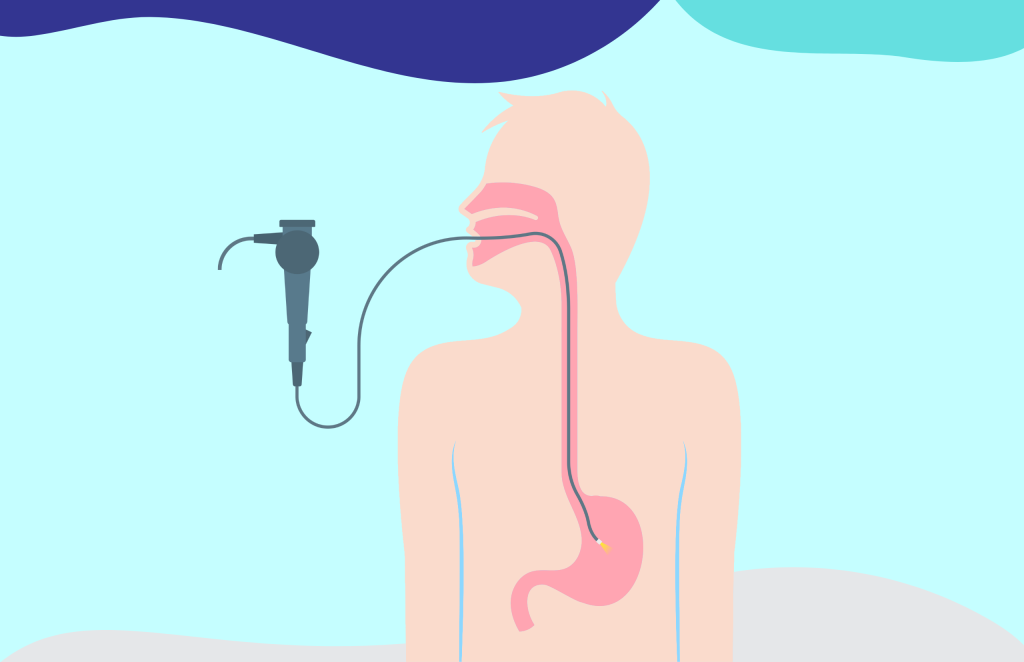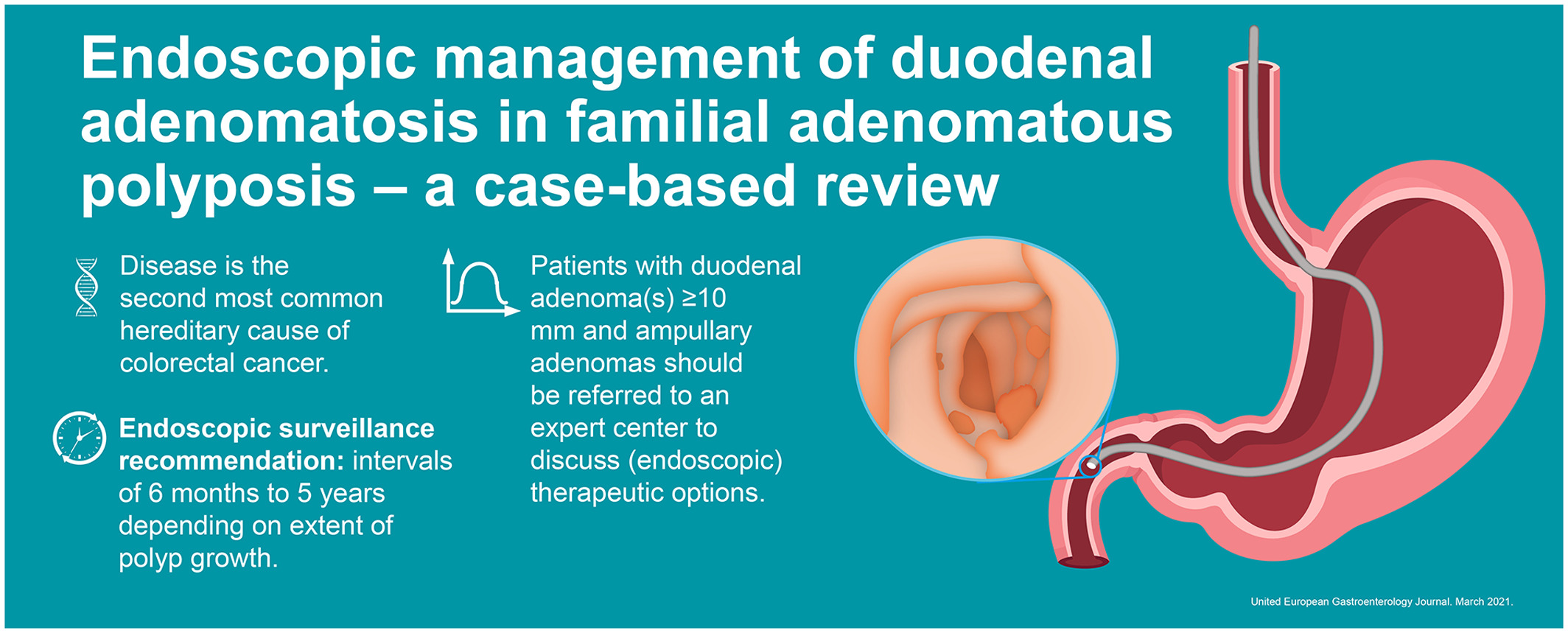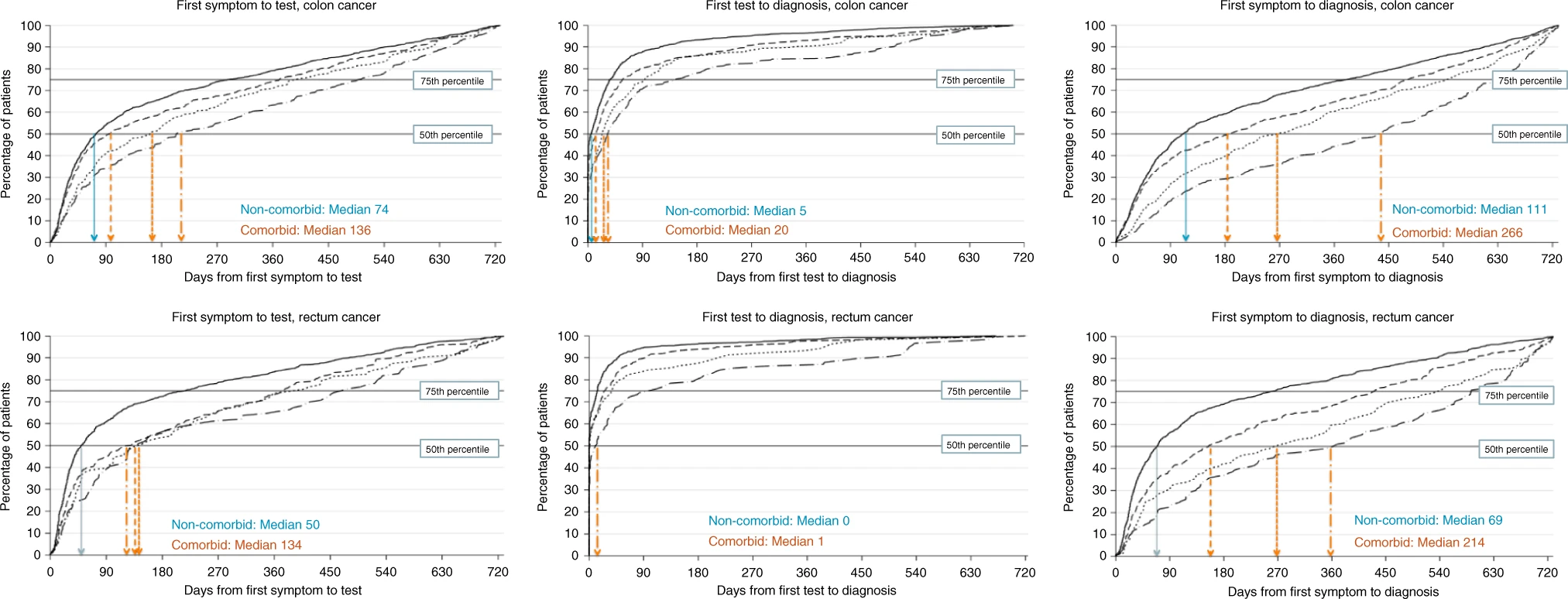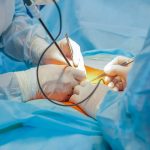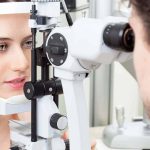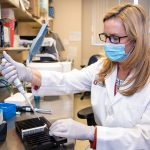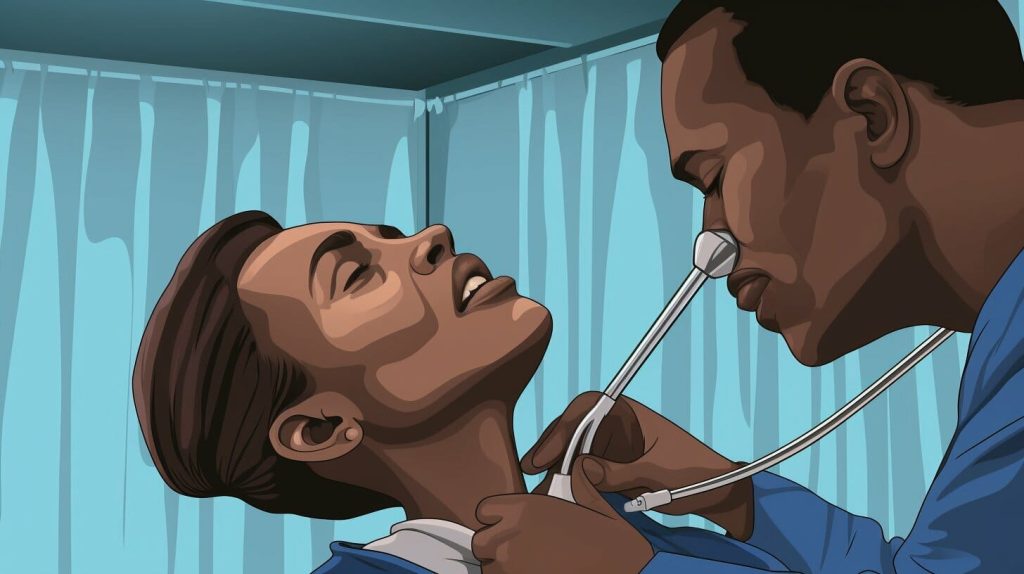
An endoscopy is a test that looks inside the body. The endoscope is a long flexible tube which has a tiny camera and light on the end of it.
There are many types of endoscopes and the doctor uses these to look inside different parts of the body. The name of the test you have will depend on which part of the body the doctor is looking at.

Why do I need an endoscopy?
You might have an endoscopy to help find out what is causing your symptoms. During this test a doctor or specialist nurse (endoscopist) can also take samples of any abnormal looking tissue through the endoscope (biopsies). Sometimes you might have an endoscopy for treatment such as controlling bleeding or to put in a stent  .
.
You are most likely to have an endoscopy to look at the inside of your:
- food pipe (oesophagus)
- stomach
- duodenum, which is the first part of the small bowel that attaches to the stomach
This test is called a gastroscopy or oesophago gastric duodenoscopy (OGD).
You may have this test if you have symptoms such as:
- abnormal bleeding
- indigestion
- low levels of iron (iron deficiency anaemia)
- difficulty swallowing
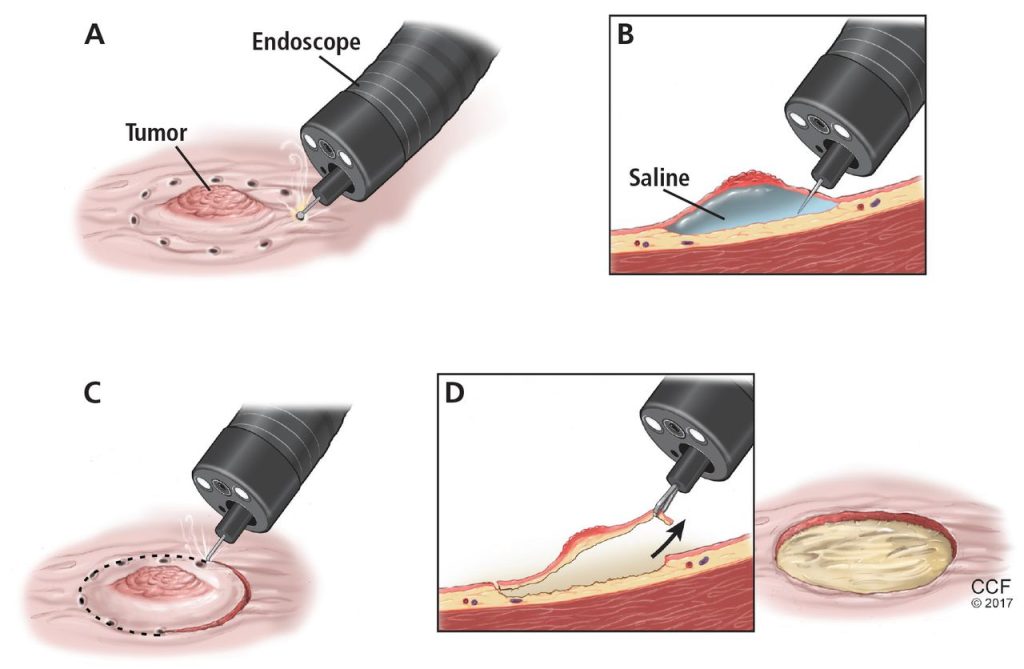
If you have Barrett’s oesophagus  you’ll have regular gastroscopies to check for any changes to cells in the lining of your food pipe. The endoscopist looks down the endoscope to see if there are any abnormal looking areas. If any are found they they can take biopsies through the endoscope.
you’ll have regular gastroscopies to check for any changes to cells in the lining of your food pipe. The endoscopist looks down the endoscope to see if there are any abnormal looking areas. If any are found they they can take biopsies through the endoscope.
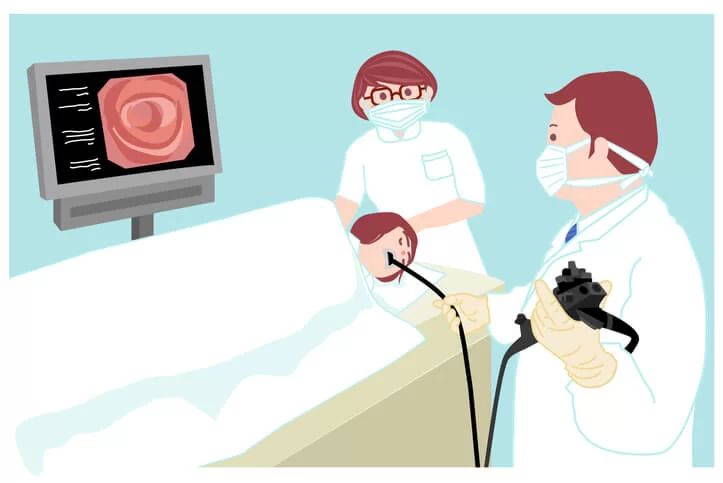
Other types of endoscopy include:
- bronchoscopy to look inside your windpipe (trachea) and bronchi (tubes going into lungs)
- cystoscopy to look inside your bladder
- hysteroscopy to look inside your womb
- colonoscopy to look inside your large bowel
- flexible sigmoidoscopy to look inside the lower part of your large bowel
